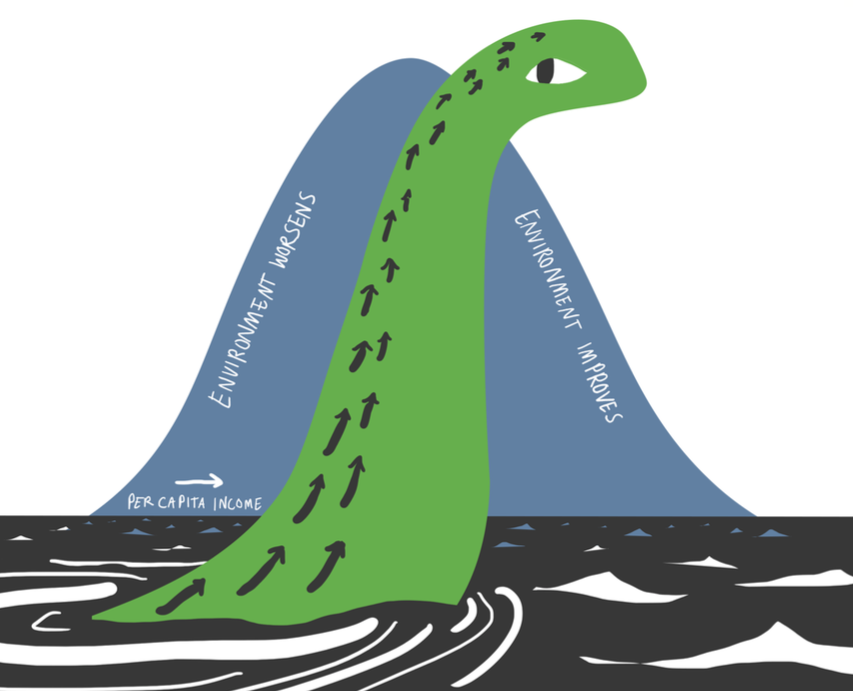The conference will take place in Oslo from the 24th to the 27th of June 2025. It is jointly organized as the 18th Conference of the International Society for Ecological Economics (ISEE) and the 11th International Degrowth Conference.
The main theme is: "Building socially just postgrowth futures - linking theory and action".
The conference programme will include plenary sessions and parallel sessions. The parallel sessions include both regular abstract sessions and special sessions.
The organizers of the conference strive to create an inspiring event with far-reaching impacts beyond academia. The conference, and the "Beyond the Conference" initiatives, will be organized in collaboration with policymakers, activists, NGOs, and others. They also aim to minimize the environmental impacts of the conference.
More information here.

If making the degrowth case was like baking a cake, disproving the plausibility of green growth would be the equivalent of turning the oven on. Decoupling is only “a myth” or “a fantasy,” some would say, a notorious fallacy that requires as much attention as the confabulations of Flat Earthers. And yet, faith in decoupling is strengthening in environmental agendas all around the world, includin...
This article is part of a series on degrowth.info discussing strategy in the degrowth movement. The introduction to the series and an ongoing list of contributions can be found here. In a previous piece in this blog series, Joe Herbert and colleagues pointed out the “how to move towards a degrowth society” gap in degrowth discourse. As I have also come across this “how to get there” question...

As Vincent Ligey, coordinator of the Budapest Conference organizing team mentioned in the closing plenary, it was an experiment to hold an international degrowth conference in a former socialist country where the soil for degrowth ideas is not particularly fertile. The more it came as a surprise that the conference had received a widespread coverage in Hungarian media. Szandra Koves, press out...